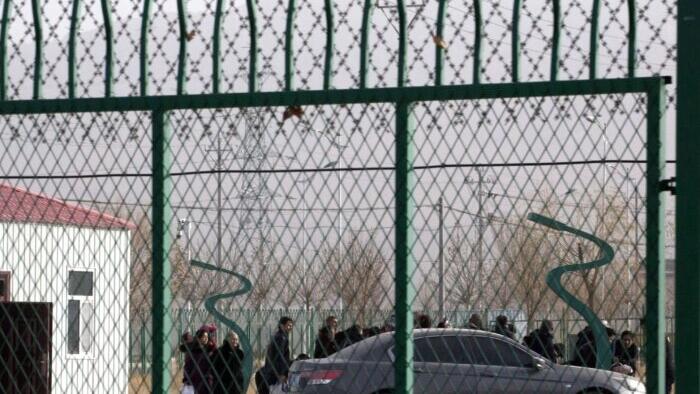- cross-posted to:
- news@beehaw.org
- canada@lemmy.ca
- cross-posted to:
- news@beehaw.org
- canada@lemmy.ca
cross-posted from: https://feddit.org/post/4005656
Canada International Trade Minister Mary Ng announced the public consultation on Oct. 16, saying that it aims to strengthen the enforcement of the ban on importing forced labour goods in alignment with the Canada-United States-Mexico Agreement (CUSMA) and actions taken by allied countries.
During this public consultation, the government will seek feedback on improving enforcement of the import ban, according to a separate release on Oct. 16. Proposed measures include publishing a list of items at risk of being made with forced labour, based on guidelines from the International Labour Organization (ILO). A “minimum traceability” process was also proposed, requiring importers of these items to provide more information about where their products come from.
[…]
Citing an ILO report on modern slavery, Ottawa noted that an estimated 27.6 million people were subjected to forced labour worldwide in 2021, an increase of 3 million since 2016. Children represented about 12 percent of those affected, totalling 3.3 million.
[…]
Forced Labour in China
The announcement comes amid increased scrutiny of forced labour in China.
[…]
The issue has also been studied in recent years in parliamentary committees in Canada, with human rights activists urging more action by Canadian lawmakers to curb China’s forced labour practices.
“The Subcommittee [on International Human Rights] was advised that Canada should adopt a ’reverse‑onus’ policy for companies importing products from Xinjiang, or other parts of China where forced labour is prominent. Such a policy would require importing companies to demonstrate that forced labour was not used in the manufacturing of their products,” reads a March 2021 report published by the subcommittee.
[…]
“The Government of Canada expects companies to take every step possible to ensure that their supply chains conform to Canadian law. It is the responsibility of the importer to exercise due diligence to ensure forced labour is not directly or indirectly used in the production of the goods it imports,” CBSA spokesperson Luke Reimer said on Sept. 26.
One well-known case involved a shipment from China that was intercepted in Quebec in fall 2021, but it was ultimately allowed entry. Reimer said that this decision came after the importer requested a review of the tariff classification. Upon examining the submitted documents, it was determined that the goods did not meet the criteria for seizure related to forced labour.
Canada has imposed an import ban on goods produced by forced labour since an amendment to the Customs Tariff Act took effect on July 1, 2020. The following year, it also launched an analysis of supply chain risks related to forced labour in China.
In January, a law aimed at fighting forced labour and child labour in supply chains came into force. Previously known as Bill S-211, this law requires the head of every government institution involved in producing, purchasing, or distributing goods in Canada or elsewhere to submit an annual report to the minister of public safety by May 31 each year.



@teft@lemmy.world
Here is the official release by the Canadian government:
Canada announces tariff remission process for Canadian businesses importing certain Chinese goods
Then why not post that instead of a link to blatant propaganda sites?
I only have issue with the sources you posted. Zero hedge and epoch times are known propaganda outlets.
You post a lot, so i thought maybe you weren’t aware.